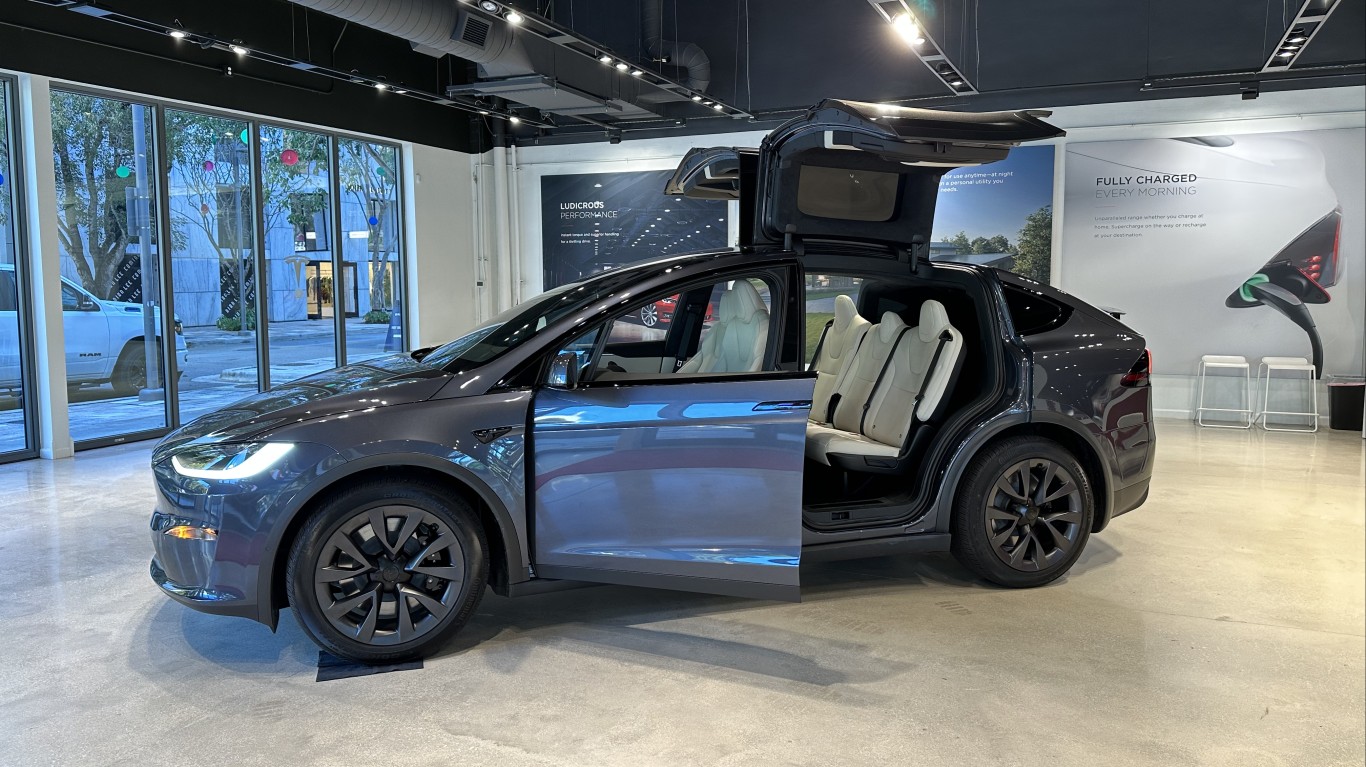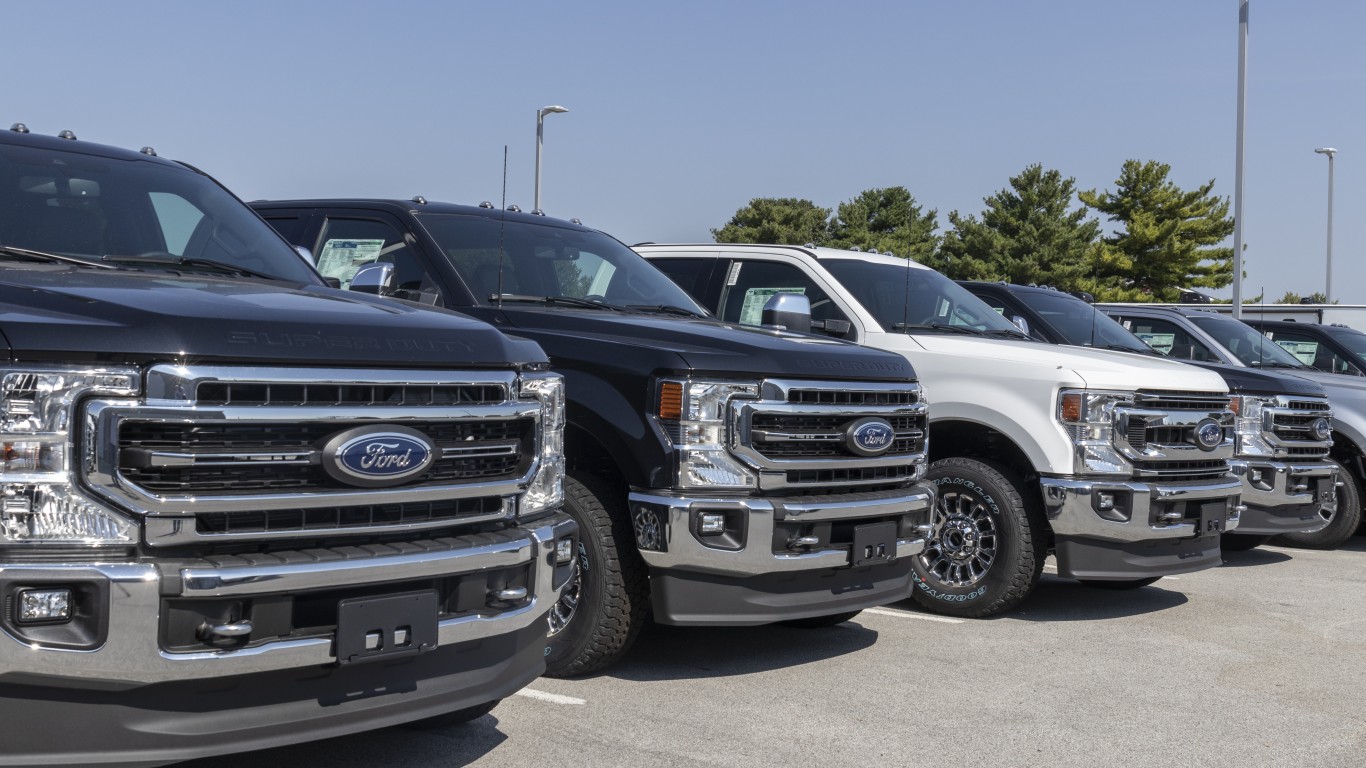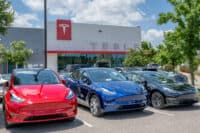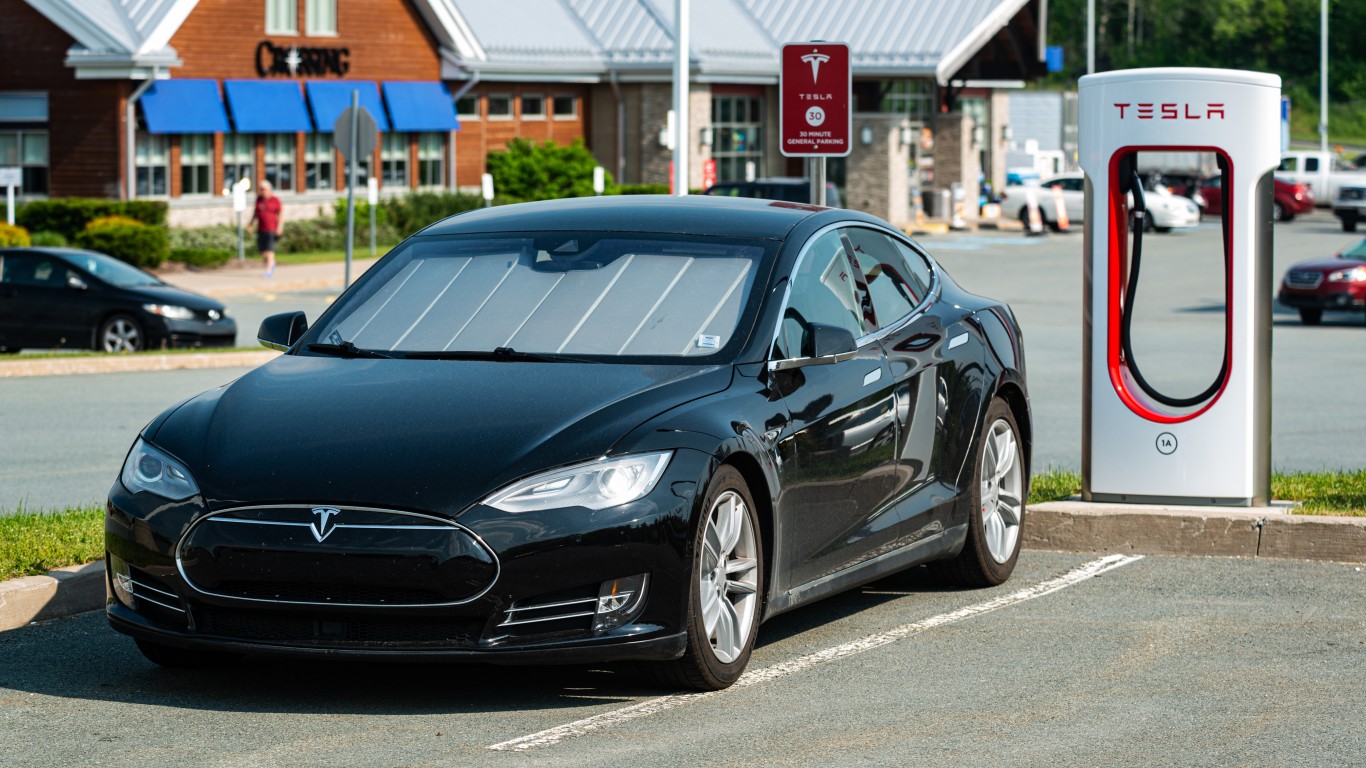

There’s no doubt that Tesla (NASDAQ: TSLA) has brought a lot of attention and money into the EV market. Their slick design, attractive marketing, and innovations brought new life into an industry that was struggling to survive. Many people who might not have ever considered buying an EV purchased one purely because of the branding of Tesla. Their contribution to the industry is invaluable and will forever impact the industry for generations to come. However, that being said, and being a fan and supporter of EVs in general, I will never own a Tesla vehicle. Here are the reasons why.
Reason #1: Tesla Vehicle Quality is Sub-Par
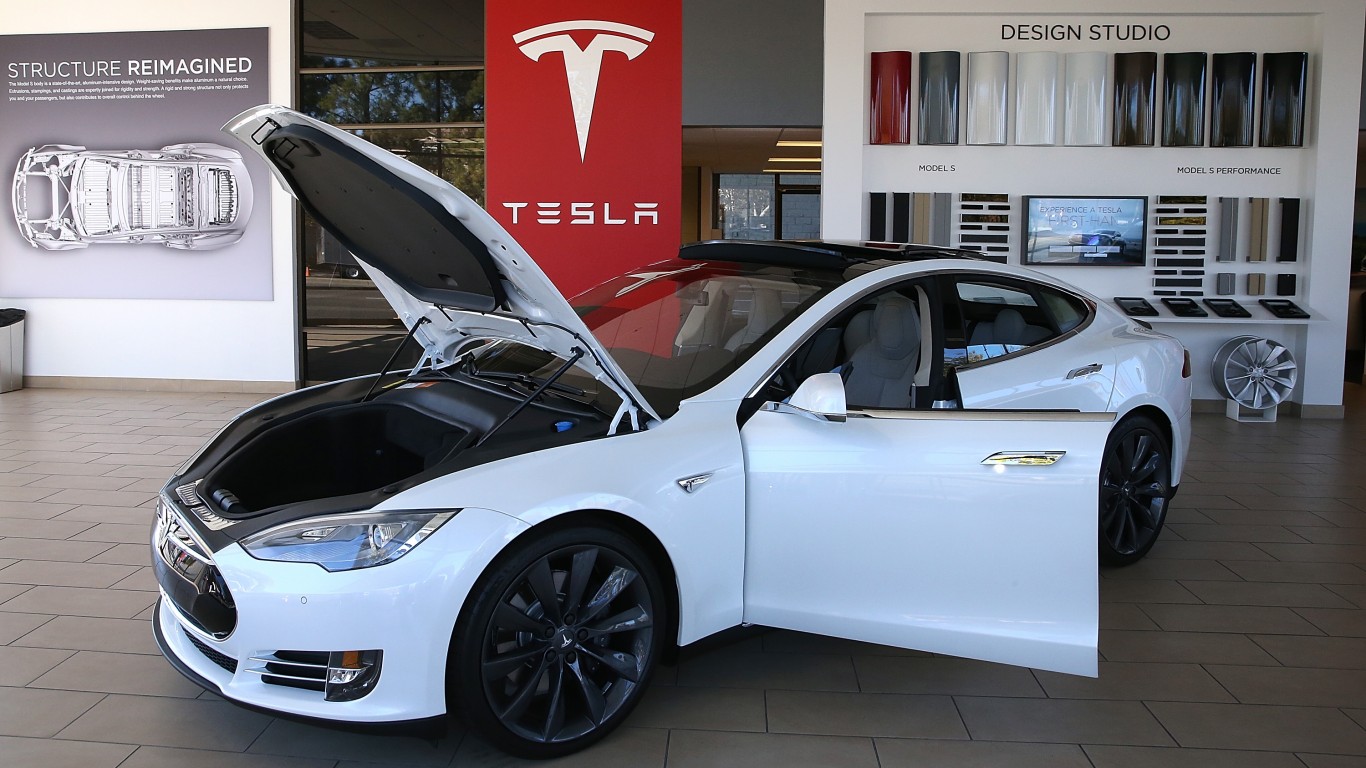
One thing you pay for with established vehicle brands, is generations of experience. The large automobile producers know that customers appreciate quality. They have spent decades fine-tuning their models to the tastes and preferences of their customer base. They have survived because their vehicles work or meet a certain standard. That doesn’t seem to be the case with Tesla.
With a Tesla, you’re paying more than you would for an equivalent four-door sedan, for example. Yet you are getting a vehicle of lower quality. Consumers posted stories and videos of their vehicles being delivered with manufacturing defects or not operating properly. According to some consumers, their Tesla vehicles break down more often than other vehicles. Their materials also wear down more quickly when compared to similar models.
An issue known as “whompy wheels” forced China to order a recall of over 30,000 Tesla vehicles. Consumers in the United States have also reported similar issues with the suspension system. So many of Tesla’s Model S and Model X cars suffered power steering loss while driving that they had to recall over 40,000 of them. Other issues including paint defects, door and tailgate alignment, body hardware, electronics, and climate controls systems have all been reported.
When (not if) your Tesla breaks, you face repairs and maintenance that is much more expensive when compared to other vehicles. These repairs have become so commonplace that Tesla recommends that new owners purchase one of their maintenance plans. These plans cost a few thousand Dollars by themselves, and each trip to the repair shop averages around $500 each time.
Tesla used low-quality materials in the construction of all its vehicles. Complaints and videos showing cars falling apart, pieces breaking, and even steering wheels eroding away have gone viral pretty regularly since the launch of the first Tesla vehicle. The issues with Tesla cars have become so bad, in fact, that Consumer Reports no longer recommends the car, and it ranks 28th out of 28 on their reliability ranking.
Reason #2: Tesla Prices are Overinflated
This is an extension of the first reason. Considering what’s included with a Tesla vehicle, the high prices are not justified.
In a perfect market, it is natural for high demand and popular culture to drive the prices of some commodities higher than what they should be. But Tesla’s vehicle prices started too high and have remained too high. Considering the materials and the process of building a Tesla vehicle, the prices are inflated beyond reasonable expectation.
So, what are you paying for? The brand and novelty of automation.
Tesla has benefited from years of positive press and a vocal, energetic fanbase. This has fed into the goodwill of the Tesla brand, beefing up their market presence and adding credibility to the speculation, predictions, and claims of Elon Musk.
Also, the inclusion of automation with every Tesla vehicle super-charged (pun intended) the hysteria around Tesla vehicles. Even if the abilities of the software did not meet the outlandish claims of Musk or the expectations of consumers, the novelty of having that technology in your car is oddly reminiscent of other fad technologies that quickly faded away like NFTs, motion-controlled gaming, and others.
But when local and federal law are cracking down on the use of automation and the use of the dashboard console, you don’t get the full functionality that was promised. Yet, the price remains the same. Consider the fact that Tesla sells its vehicles directly to consumers without a dealership markup, yet their prices are equivalent or even higher than vehicles of similar capabilities.
Reason #3: There are Better EV Alternatives
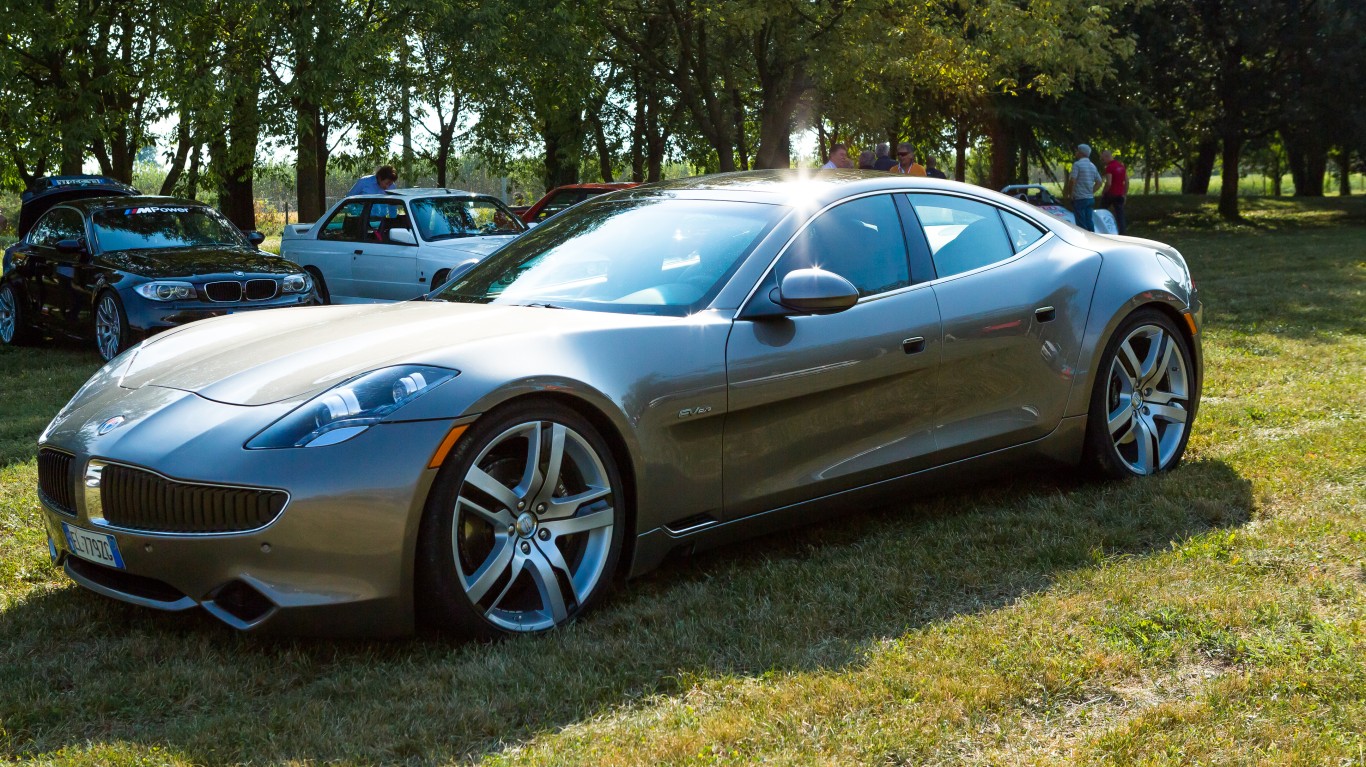
I rarely buy the top-of-the-line option when I make any purchase. I consider my needs, the price, the company I’d be supporting, and many other factors. The more money I plan on spending, the more thought I give to each factor.
I don’t need a supercar to drive to work and the grocery store. I’m also not going to pay luxury car prices for a car that doesn’t feel like a luxury car. If I ever become dead-set on buying an EV, there are cars that do it better at a lower price. Better yet, I might save more money by simply moving to an area in which I don’t need a car at all.
Reason #4: Tesla Vehicles Are Safety Nightmares
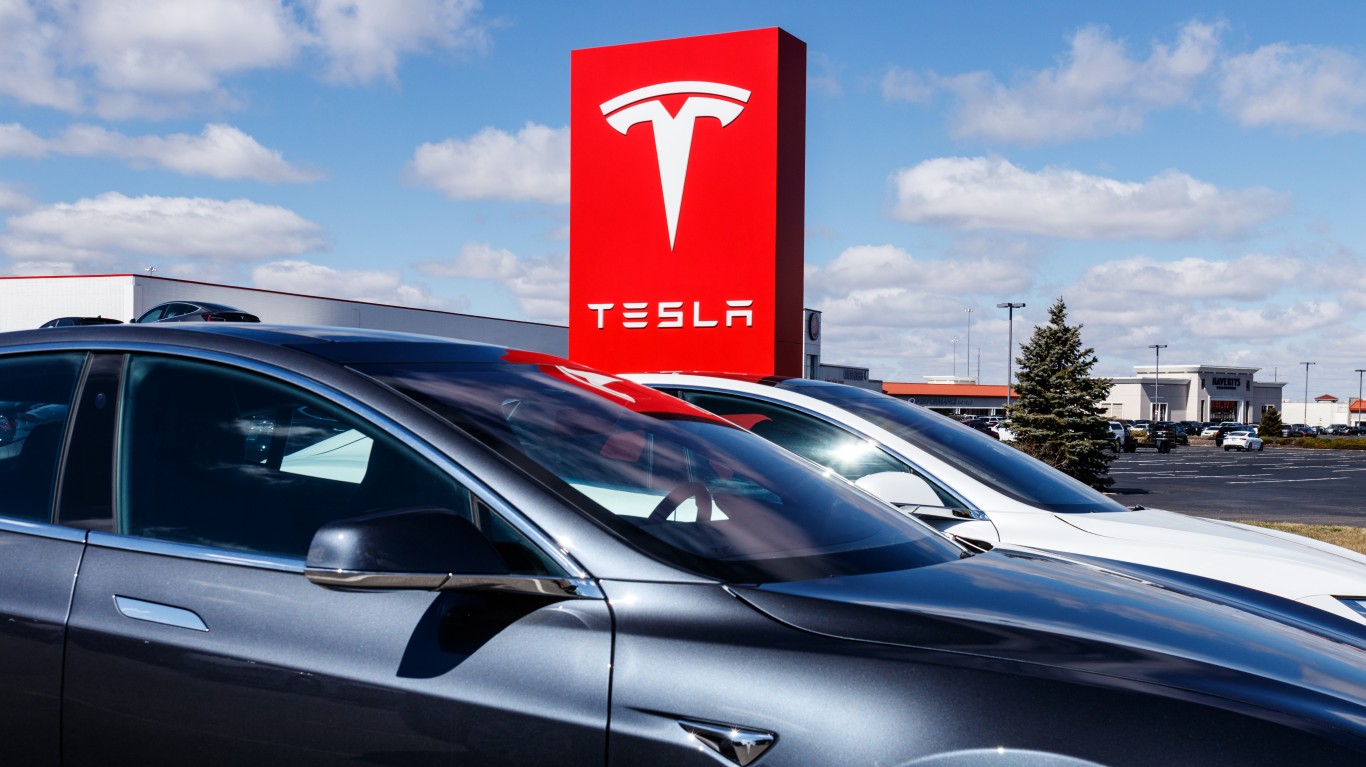
This issue ties into the issue of build quality. But it also extends into the digital nature of the car’s operation and the over-hyped promises of flagship personality Elon Musk.
Aside from functionality loss while driving, or drivers abusing the “self-driving” features, Tesla vehicles are simply not built with safety in mind. For example, most modern cars include some kind of blind-spot detection. Tesla does as well, but its detector is located on the center console, not near the window. So, when drivers should be aware of what is to their side, the car is drawing their attention back to the console.
Some drivers have reported that their Tesla cars sometime brake at random times, even while at high speeds. This issue, known as phantom braking, is a problem hundreds of US drivers say they have experienced every year.
On the digital side, Elon Musk has already faced lawsuits based on his casual attitude toward digital privacy. From PayPal to his other ventures, the security of your details and digital information are not a top priority for Musk. Everything from your payment details, location, and face profile are free game. The way the car monitors and tracks your activity without your consent are major red flags for privacy advocates. Currently, there is no way to know, or find out, what your car knows about you, and what information is being passed on to Tesla, third party observers, or government officials.
Reason #5: It’s a Matter of Pride
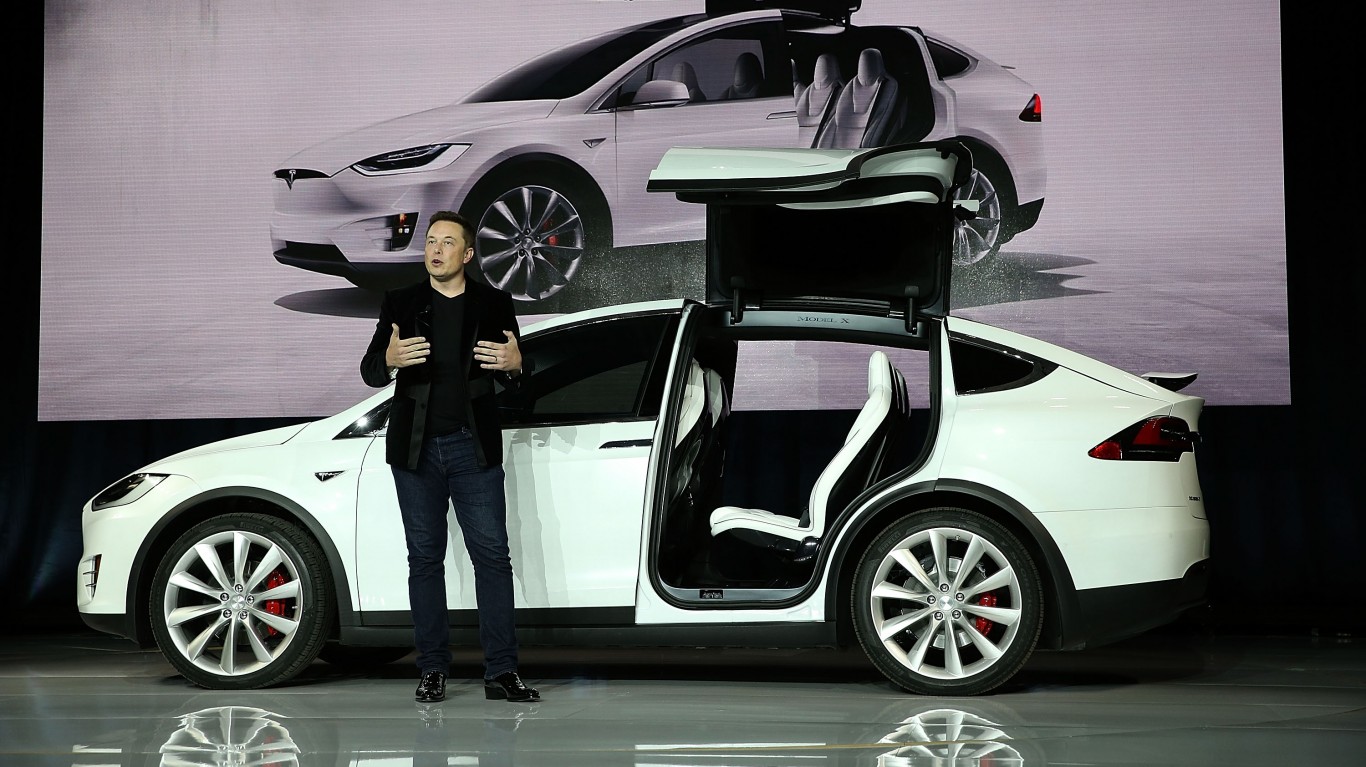
Elon Musk and, by extension, Tesla, have made many promises and predictions that simply were not true. Some have been misleading about the capabilities of their cars. No matter what the price is, I don’t want to drive a car I feel like I was duped into buying. I don’t like feel like I’ve been scammed or lies to or tricked. I see the regret many Tesla owners express, and the feeling of bring scammed is a common one.
For example, the feature of fully autonomous driving was central to much of Tesla’s marketing of Musk’s presentations. Now, Tesla owners have filed lawsuits after it has become clear that Tesla’s autopilot is anything but. The autopilot currently available with Tesla vehicles is not autonomous. In many cases it is a safety hazard on the road. The over-promised fully autonomous abilities of the vehicles have caused many reckless stunts and careless driers to test it to fatal and expensive results.
Take This Retirement Quiz To Get Matched With A Financial Advisor (Sponsored)
Take the quiz below to get matched with a financial advisor today.
Each advisor has been vetted by SmartAsset and is held to a fiduciary standard to act in your best interests.
Here’s how it works:
1. Answer SmartAsset advisor match quiz
2. Review your pre-screened matches at your leisure. Check out the advisors’ profiles.
3. Speak with advisors at no cost to you. Have an introductory call on the phone or introduction in person and choose whom to work with in the future
Take the retirement quiz right here.
Thank you for reading! Have some feedback for us?
Contact the 24/7 Wall St. editorial team.
